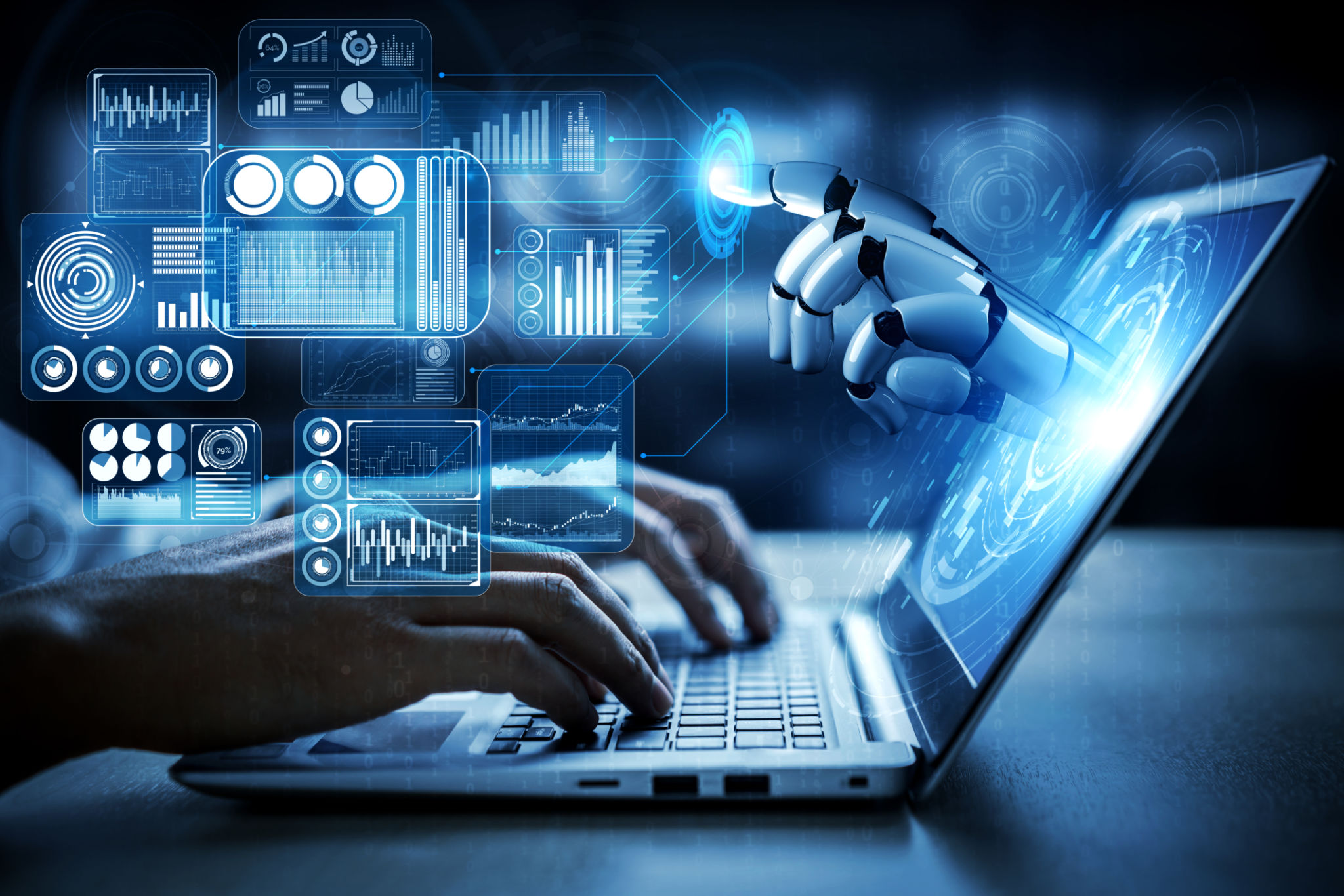Debunking Myths About AI Products: What Consumers Need to Know
Understanding AI: Separating Fact from Fiction
Artificial Intelligence (AI) products have become increasingly prevalent in our daily lives, yet misconceptions abound. These myths can lead to misunderstandings about how AI operates and its potential impact. This post aims to debunk some of the most common myths surrounding AI products and provide consumers with a clearer understanding.

Myth 1: AI Will Take Over Jobs
One of the most pervasive myths is that AI will replace humans in the workforce entirely. While it's true that AI can automate certain tasks, it is also creating new job opportunities in fields like AI development, maintenance, and oversight. Employers are increasingly looking for skilled individuals who can work alongside these technologies.
The Reality of Job Transformation
AI is more about transforming jobs rather than eliminating them. For instance, repetitive tasks in industries such as manufacturing or data entry can be automated, allowing employees to focus on more strategic and creative tasks. This shift not only increases productivity but also enhances job satisfaction as workers engage in more meaningful activities.

Myth 2: AI Lacks Human Touch
Another common misconception is that AI products are cold and clinical, incapable of empathy or understanding human emotions. While AI lacks the innate emotional capacity of humans, advancements in technology have led to the development of AI systems that can recognize and respond to human emotions effectively.
AI in Customer Service
In customer service, AI chatbots are now equipped with sophisticated algorithms that allow them to detect sentiment and adjust their responses accordingly. This capability helps in delivering a more personalized customer experience, mimicking human interactions more closely than ever before.

Myth 3: AI Is Infallible
Some believe that because AI is built on complex algorithms, it is infallible and always provides accurate results. However, AI systems are only as good as the data they are trained on and the parameters set by their developers. Bias in data or faulty programming can lead to errors or unintended consequences.
The Importance of Human Oversight
To ensure AI operates effectively, human oversight remains crucial. Continuous monitoring and updates are necessary to refine algorithms and mitigate biases. Consumers should be aware that while AI can enhance efficiency, it still requires responsible management and oversight.
Myth 4: AI Is Only for Tech Giants
There is a belief that only large tech companies can afford to develop and utilize AI technologies. In reality, AI tools have become increasingly accessible to businesses of all sizes. With cloud-based services and open-source platforms, small and medium-sized enterprises can also leverage AI to improve their operations.
AI for Small Businesses
Small businesses can use AI for various applications such as automating customer interactions, analyzing consumer data, and optimizing supply chain processes. The democratization of AI technology empowers businesses across industries to compete more effectively and innovate continuously.

Conclusion: Empowering Consumers with Accurate Information
It is essential for consumers to approach AI products with a balanced perspective. By understanding the realities behind these technologies, individuals can make informed decisions about integrating AI into their personal and professional lives. Dispelling myths ensures that society can harness the full potential of AI while navigating its challenges responsibly.
